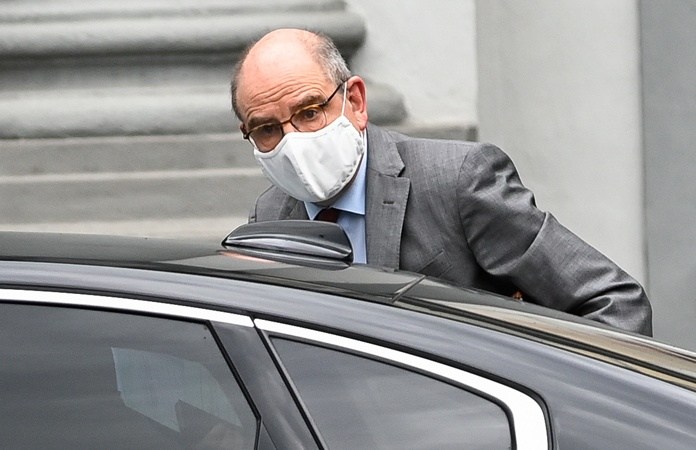An expected move to reduce social bubbles in Belgium is not enough to stem the spread of coronavirus in the country according to Federal Justice Minister Koen Geens, who has called for the reintroduction of fixed bubbles for the coming weeks.
Speaking ahead of the National Security Council on Monday, Geens said that the decision about the size of the social bubble will probably be the most important one.
"It is no secret that we are going for a reduction of the social bubble. Prime Minister Wilmès already announced it in several newspapers this weekend," Geens said on Radio 1 on Monday. "If necessary, the bubble could even be smaller than 10 people."
"The important thing is to see the bubble as fixed. Now, we thought we could see 15 people every week, and 15 more the next week. There were even people who thought they could see 15 other people every day," Geens said.
The bubble has to be "fixed," according to Geens, so that the country can try to "nip the coming second wave in the bud as soon as possible" in a period of about four weeks. That way, a normal school life could start in September, Geens said.
Related News
- Rapid increase in Covid-19 infections is 'worrying', warns Crisis Centre
- NSC to discuss local lockdowns and reducing social contacts
- Smaller social bubbles 'necessary' to prevent second coronavirus wave
On VRT, biostatistician Geert Molenberghs said that an "open" bubble would be "fatal" in these circumstances. "The difference is not in the number, especially the fixed bubble is very important. If we reduce the social bubble in this way, we can reduce the number of hospitalisations by 50% to 90%," he said.
It is very important to reduce the social contacts without bringing them back to zero, according to Molenberghs. "This virus gives us very little time," he added.
Geens acknowledged that the decision to reduce the social bubbles might have been made earlier, but he does not agree with the criticism that the politicians ignored the advice of the experts. "Politics has been relatively quick [to react]," Geens said, adding that a lot has changed between the last expert reports of 20 July and 26 July.
"None of us thought it would be this bad," he said.
Maïthé Chini
The Brussels Times

